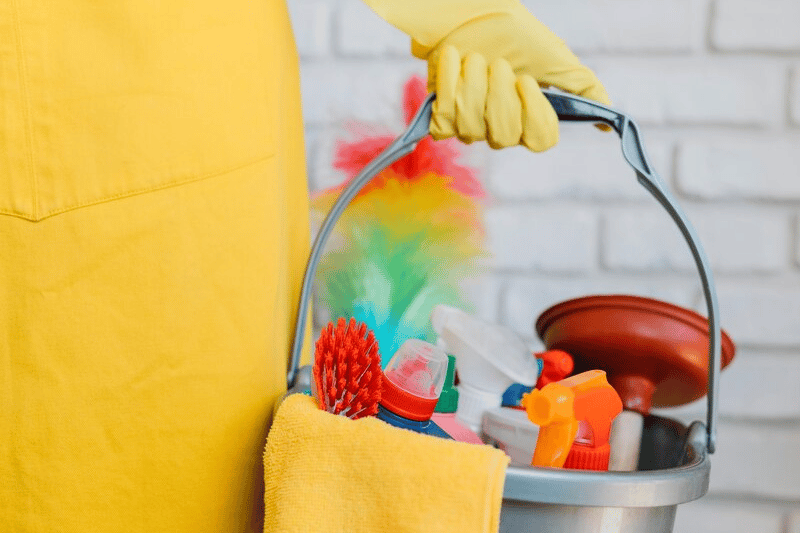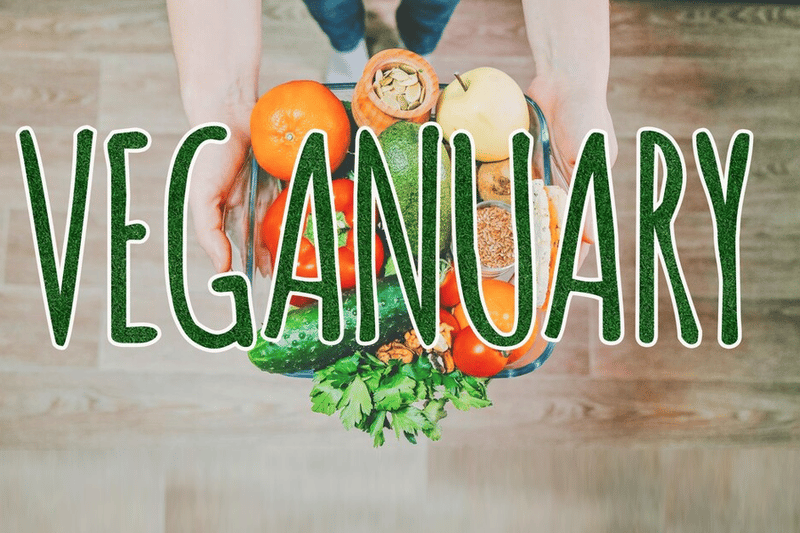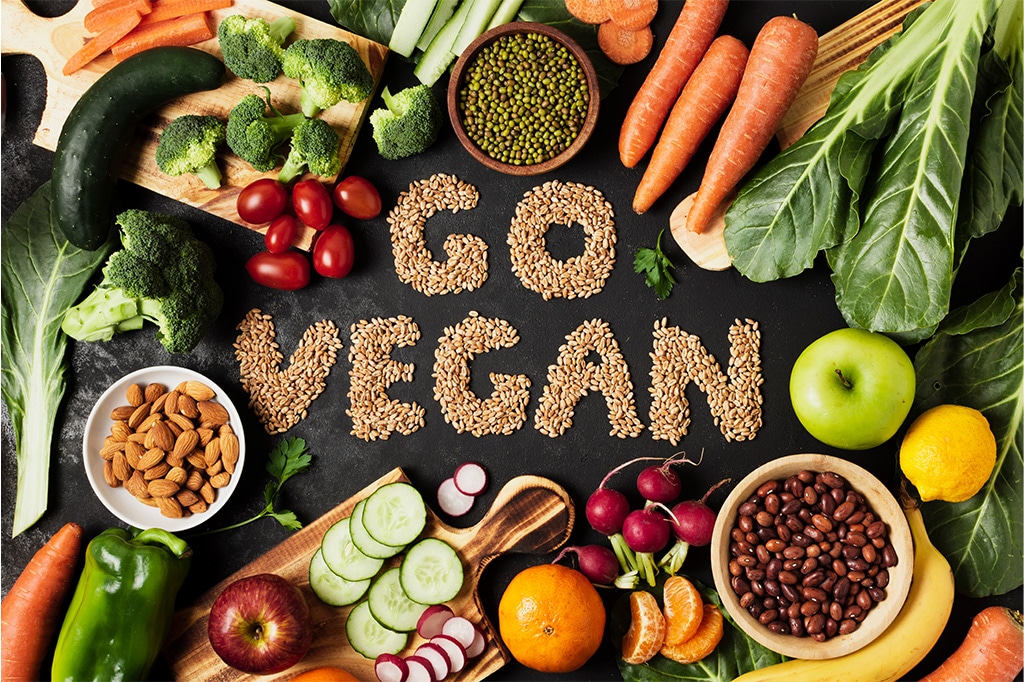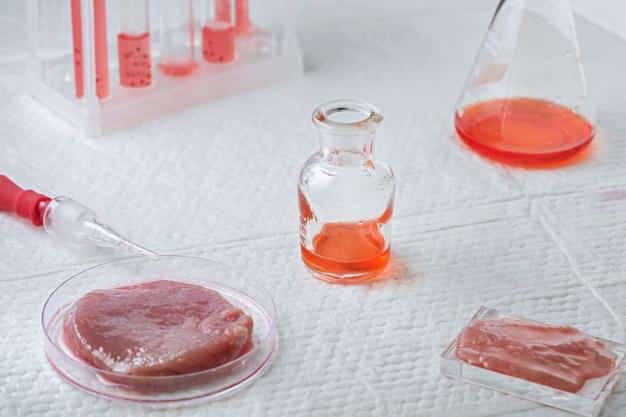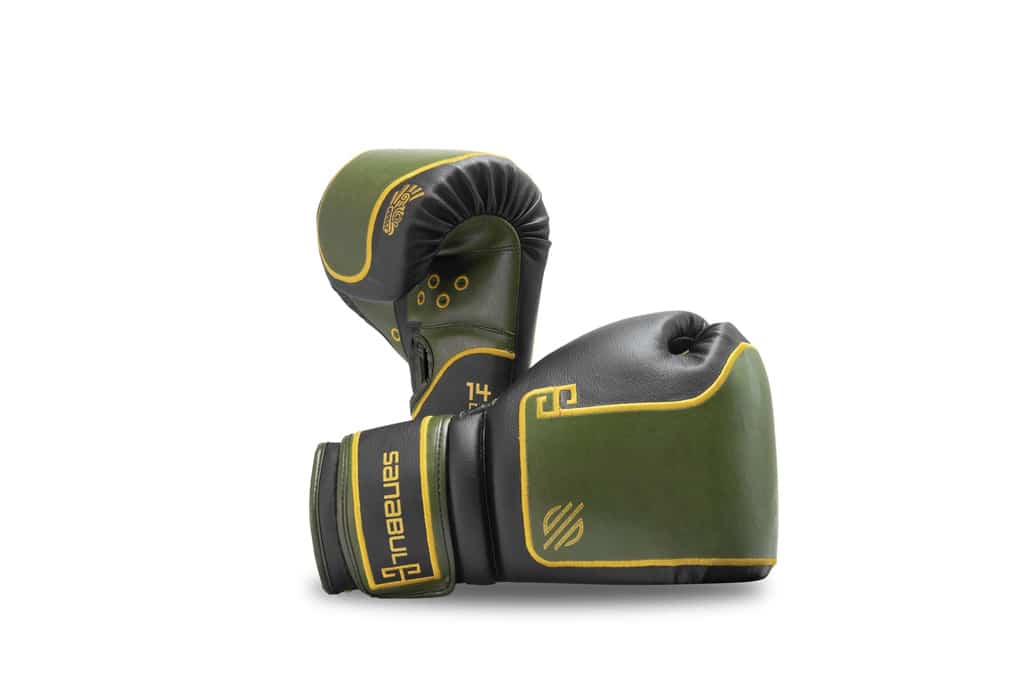Are you concerned about the impact of cleaning products on the environment? We offer guidance on cruelty-free cleaning.
If you are one of the individuals who is continuously cleaning, you will take all practical precautions to prevent the exploitation and abuse of animals. When it comes to apparent difficulties, such as eating meat, it is typically quite simple to know what to avoid. When considering other aspects of cruelty-free living, however, additional research is required. One component of the equation is the home and cleaning supplies. Even though it’s not impossible to avoid non-vegan products, it’s best to find out as much as you can about them before you go shopping.
A few characteristics render a product undesirable for vegans. Including any substance originating from animals is a clear choice. Some items contain both milk and beeswax. A variety of fabric softeners contain tallow, an animal fat.
Numerous goods on store shelves are extremely caustic and can irritate humans (despite cruel testing on animals). Therefore, some cruelty-free companies must also consider the safety of humans. According to Bio-Lloyd D’s Atkin, “The Bio-D collection was established to provide consumers with safer, greener, and cruelty-free alternatives to conventional cleaning products—that don’t cost the planet.”
“During his prior employment, the founder of Bio-D cleaned ships.” He realized that many household cleaning solutions included the same components as the industrial cleaners he used to clean ships, which necessitated the use of robust health and safety equipment such as respirators. Therefore, he set out to develop products with no dangerous components.
“Our line is the only 100% hypoallergenic house cleaning line in the United Kingdom.” Increasingly, we are providing allergy patients with an alternative to “conventional” household detergents, which frequently aggravate asthma, eczema, and other disorders. Since the 1980s, the prevalence of allergic rhinitis and eczema in children has tripled. Approximately 21 million individuals in the United Kingdom suffer from at least one allergy. Our fragrance-free laundry products are allergy UK-accredited. “
Marie Savage, from the cleaning company Humblestuff, says, “I’ve been a household cleaner for almost a decade, but when I decided to clean my own oven without a gas mask, I began researching more natural cleaning products.”
Using basic household products and an old-fashioned approach to cleaning is one possibility. According to Green Energy, unusual materials can be used to generate “sparkling surfaces.” A spokesperson explains, “By combining one part distilled white vinegar, two parts water, and a generous squeeze of lemon juice, you can create a fantastic surface cleanser for most kitchen, bathroom, and floor surfaces.”
Alternately, you can obtain the most shiny and bright sinks, bathtubs, and work surfaces by rubbing half a grapefruit over the surface, liberally sprinkling it with salt, and then rinsing it off with a sponge and hot water.
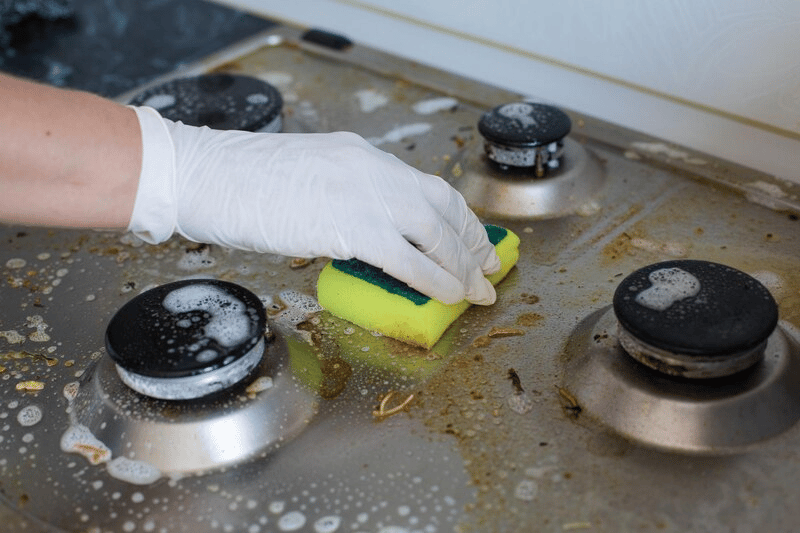
Green Energy suggests the following method for streak-free windows and mirrors: “First, combine equal parts distilled white vinegar and hot water in a spray bottle, and then mist the solution over the glass or mirror.” After application, simply massage the surface with a towel or crumpled newspaper and let it dry. A fantastic tip for achieving a streak-free finish
“Lemons and olive oil give an alternative method for making wooden floors and furniture gleam. Using a solution of one part lemon juice to two parts olive oil will not only polish your wood to perfection but will also preserve it.
In addition, you may clean your cookware with a simple home cure. “Do you have stubborn stains on your silverware and utensils that refuse to come off? According to the original domestic goddess, Mrs. Beeton, nothing beats a solution of warm water and baking soda scraped in vigorously with a piece of bread. Rinse your pots and pans with water to restore their luster. In addition, if you have any rusty flatware, try using onions to restore its luster. Three or four plunges of a knife or fork into a large onion should remove the rust immediately.
However, there is still hope for individuals who desire the ease and efficacy of purpose-built products. The issue of the environment is a central tenet of veganism, and firms are increasingly developing formulas with this concern in mind. Ingrid Hume from Sodason states, “Our product is a unique eco-friendly cleanser derived from vegetables.” The organic vegetable oil soap is produced by a low-temperature saponification procedure. The production is CO2-neutral, and Sodasan solely uses powder from Greenpeace energy; hence, the company operates without using any nuclear power. “
Rebecca from Ecoleaf says, “We were unsatisfied with other eco-friendly cleaning products because we believed they either didn’t perform, were too expensive, weren’t cruelty-free, or were created abroad, whereas ours are made nearby in Birkenhead.” Our cleaning products are comprised of biodegradable and non-hazardous chemicals derived from plant extracts. All plant extracts are derived from sustainable sources. The majority of cleaning solutions are sourced from petroleum-based resources and may contain harsh chemicals such as phosphates, caustics, and other potentially toxic substances. “
Even if there are no animal ingredients in a product, if it has been tested on animals, it is inappropriate. Most of the time, this is easy to find out by looking up the company online. However, you should be wary of vague statements like “we are against animal testing” unless they come with a guarantee that neither the finished product nor the raw ingredients were tested by the company or a third party.
While the EU prohibits animal testing of cosmetics, it is still permissible to test cleaning goods on animals. Cruelty-Free International, an organization trying to abolish these experiments, asserts: “In Europe, many animals, such as rabbits, hamsters, rats, and mice, continue to suffer and die in in-home product testing.” To test the ingredients in common household items like dish soap, air fresheners, and dishwasher tablets, animals are injected, gassed, force-fed, and killed.
According to Animal Aid, a campaign organization, domestic goods producers’ top objective is to remain competitive. This is what drives the never-ending stream of new ‘better’ versions of everything from laundry detergents and air fresheners to paints and floor cleaners. The public is unaware of the suffering involved in the production process.
“During the testing phase of all new household items, food additives, and agricultural and industrial chemicals, animals are still put through horrendous experiments. In 2001, 97,743 animals were utilized for such purposes. New goods require more animal testing, but producers already have access to tens of thousands of substances; how many more do we need? “
The good news is that there are numerous viable solutions available. The Vegan Trademark emblem is one of the easiest ways to locate them. When searching for their recognized products, you may also utilize the organization’s online company database. In many situations, you will be supporting small ethical manufacturers by patronizing these businesses.
Are any common household cleaning chemicals toxic to my pet?
According to the Humane Society of the United States, a variety of common cleaning, home, and automobile maintenance items can be fatal to animals. According to the organization, pet owners should use all household products with caution. In addition, we advise that you assemble a pet first aid kit (for dogs and cats) and have a manual on hand. If you feel your pet has been poisoned despite taking all measures, contact your veterinarian immediately. “Poisoning symptoms include lethargy, stomach pain, vomiting, diarrhea, muscle twitches, lack of coordination, and fever.”
Common dangers:
- Birds can be killed by fumes from nonstick cooking surfaces and self-cleaning ovens. Always use caution while spraying birds with pumps or aerosols.
- Insect control products, such as the pesticides used in many over-the-counter flea and tick treatments, may be hazardous to pets. Prescription medications for flea and tick management are far safer and more effective. Never use a product on a pet without first consulting a veterinarian.
- Antifreeze containing ethylene glycol has a sweet flavor that attracts animals, but even small amounts are lethal; a seven-pound cat can be killed by ingesting just one teaspoon. The HSUS advises pet owners to use an anti-freeze that is safe for animals. Ingestion of modest doses of antifreeze that contains propylene glycol is safe for animals. Also present in typical household items such as snow globes is ethylene glycol. Therefore, be sure to keep these items out of the reach of animals.

